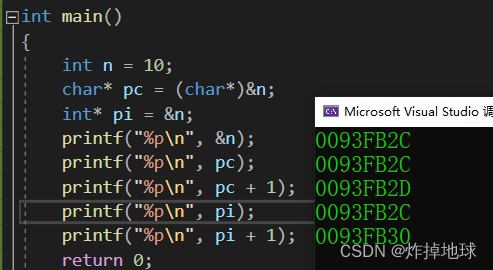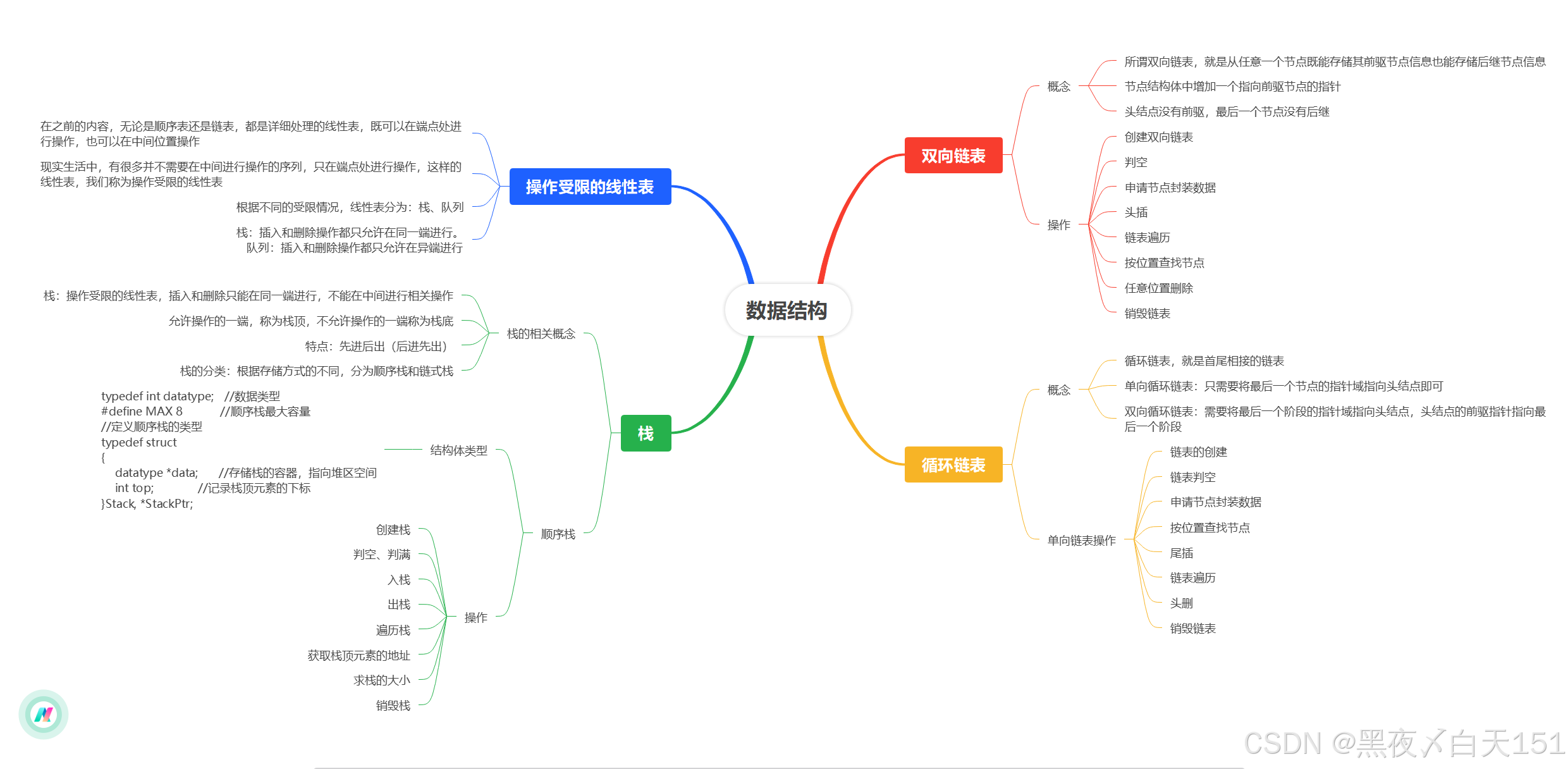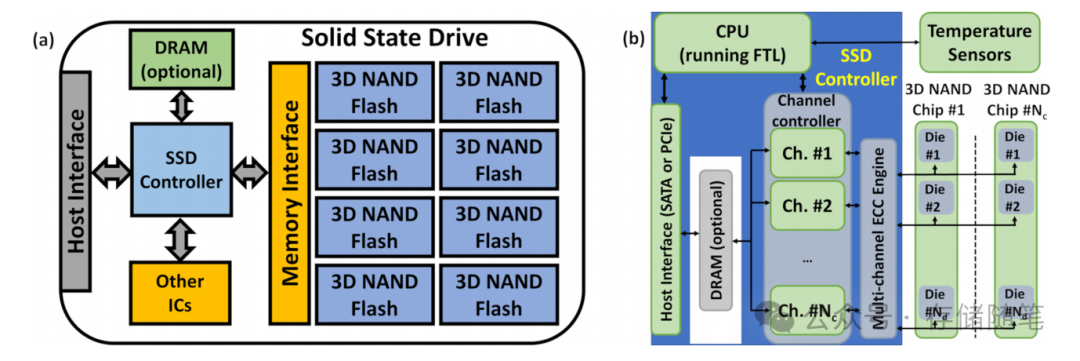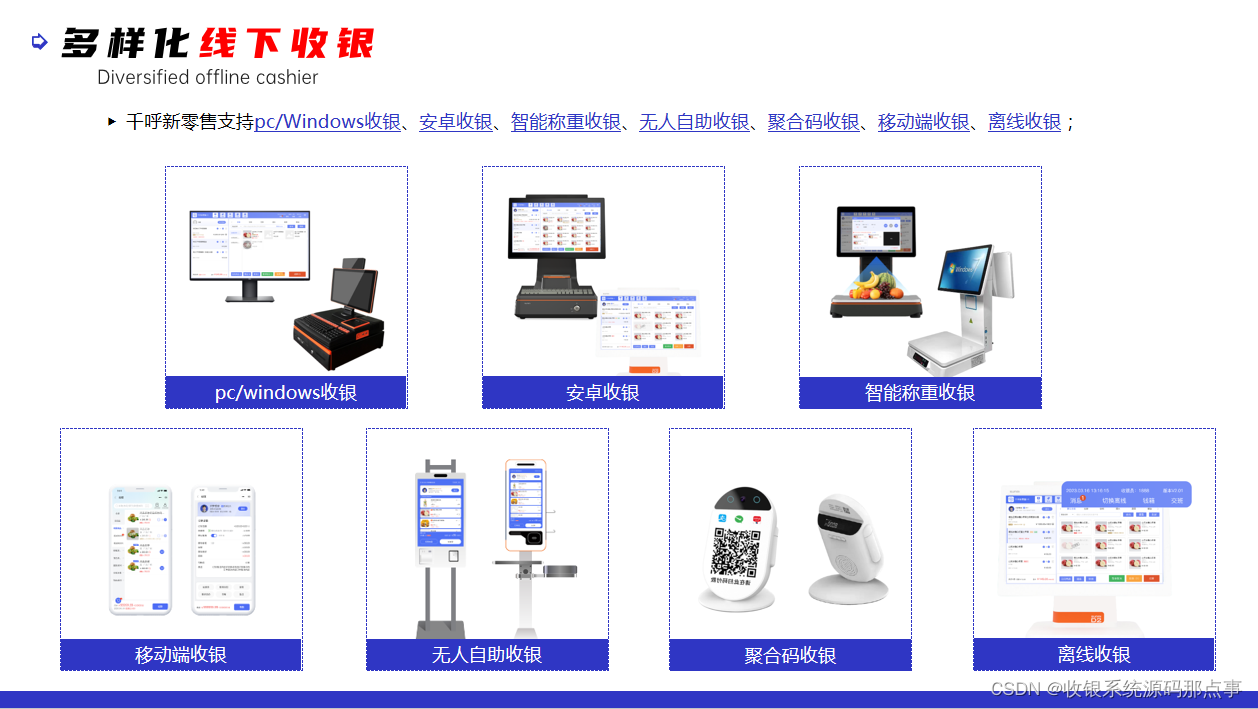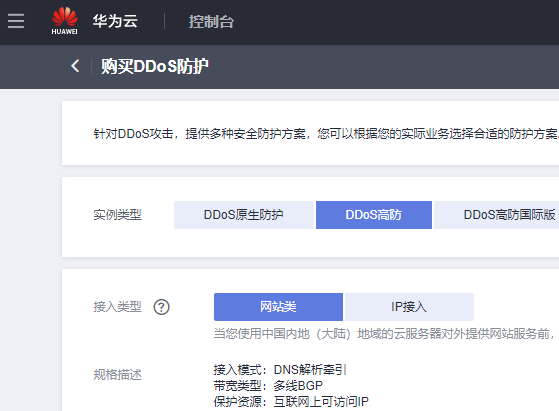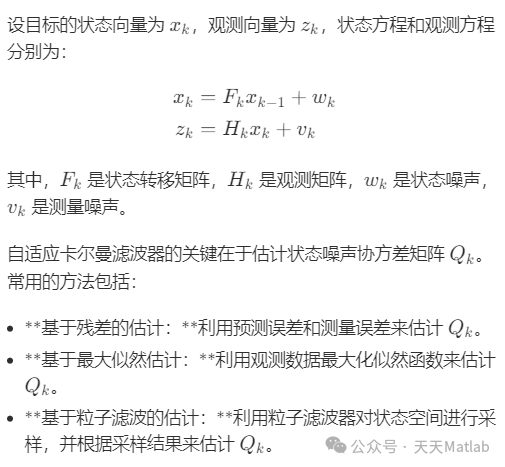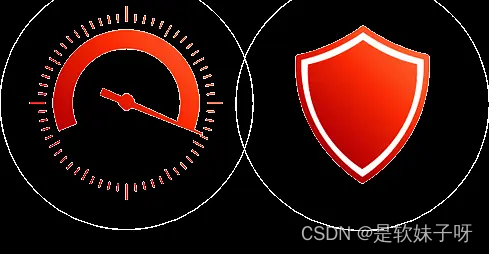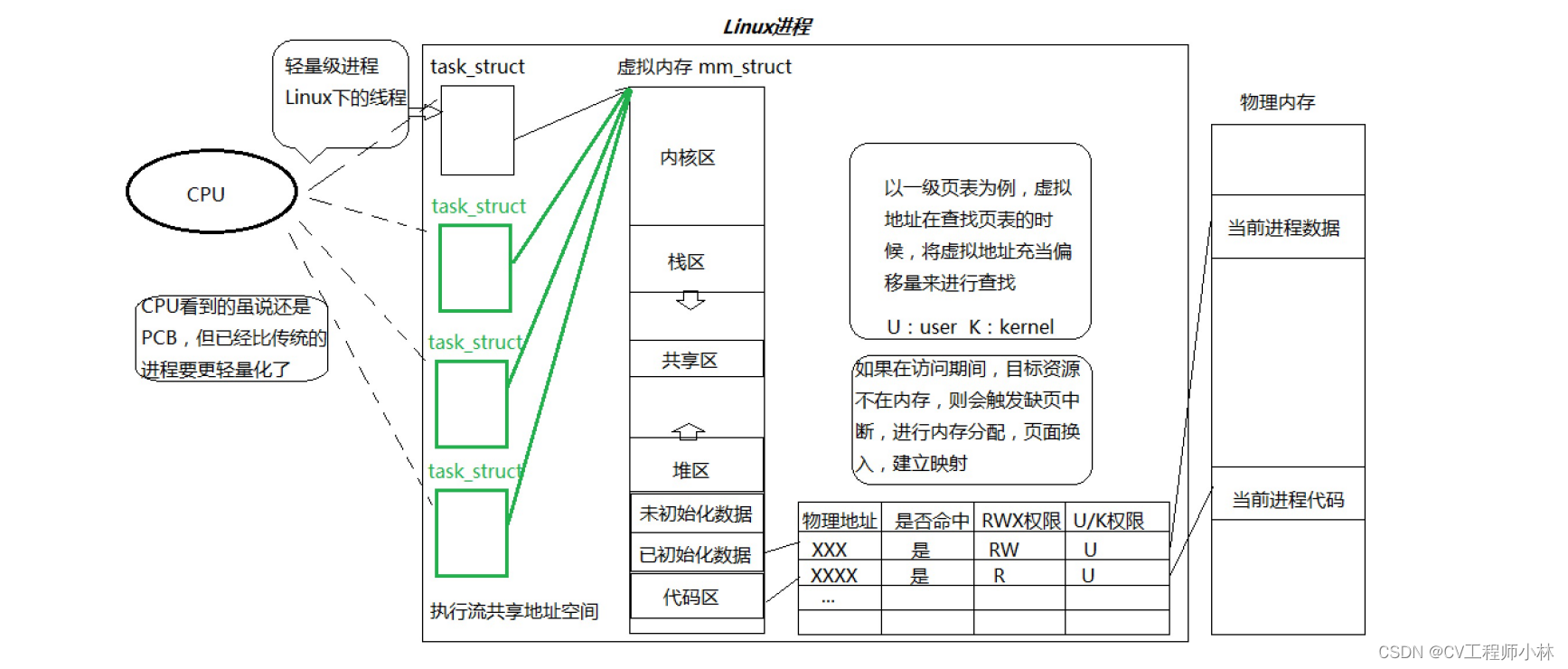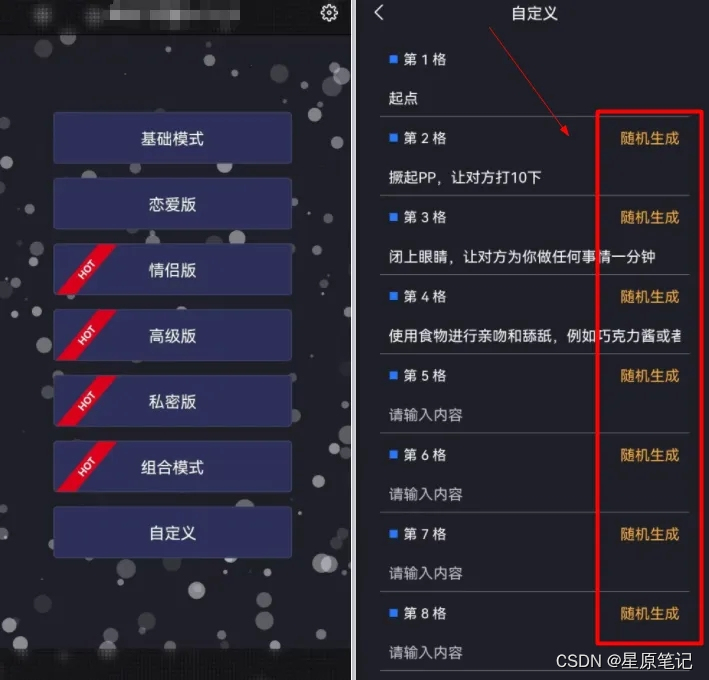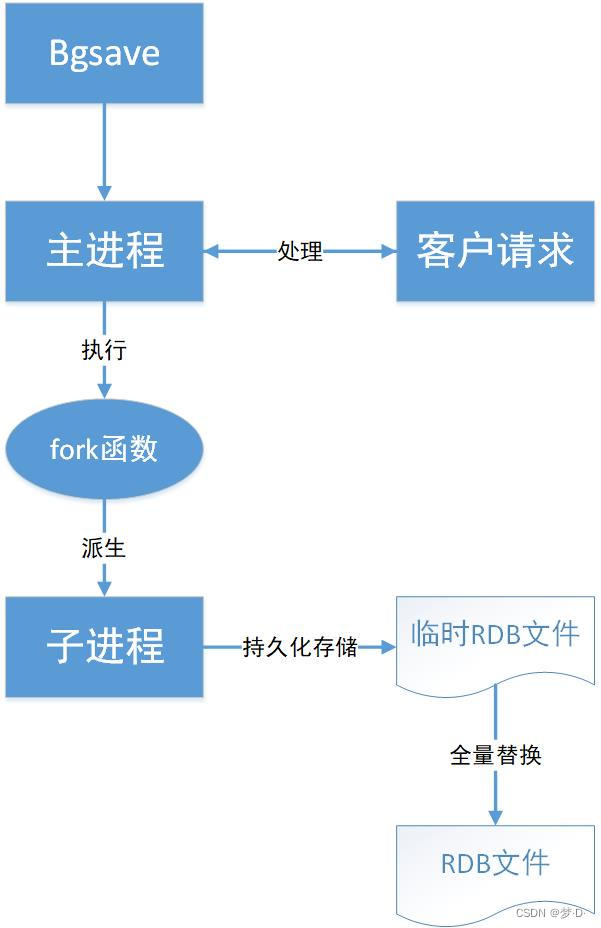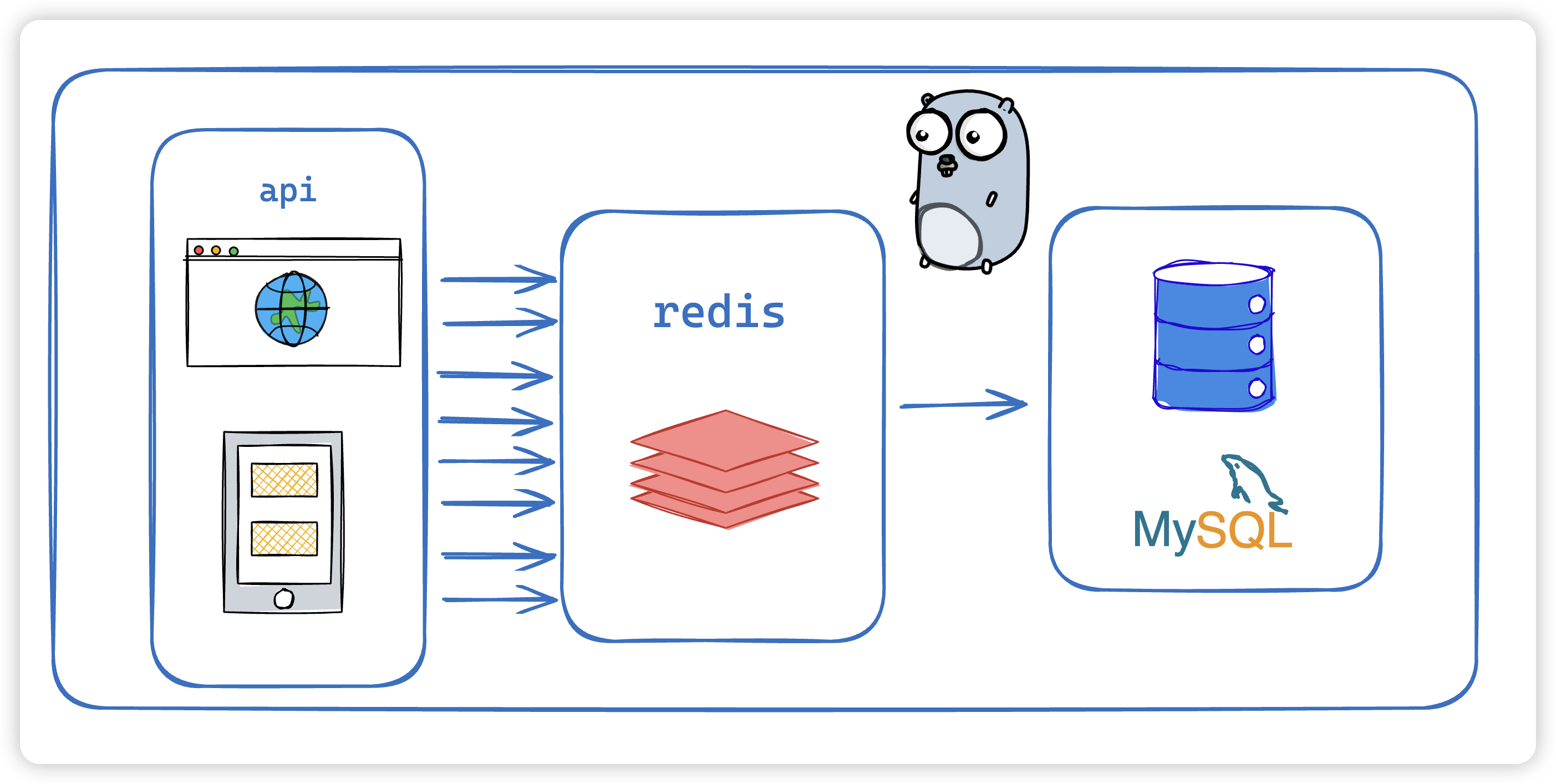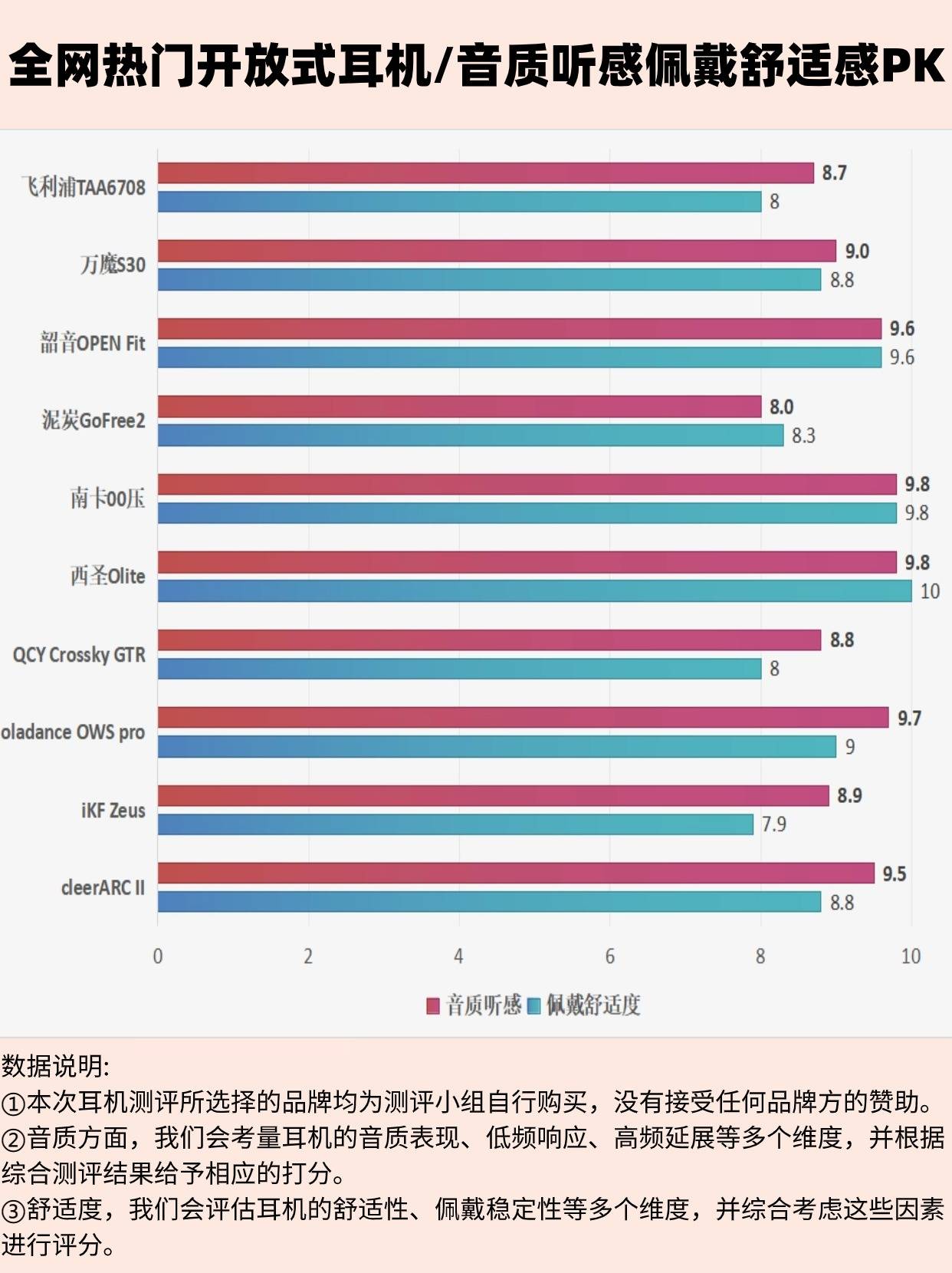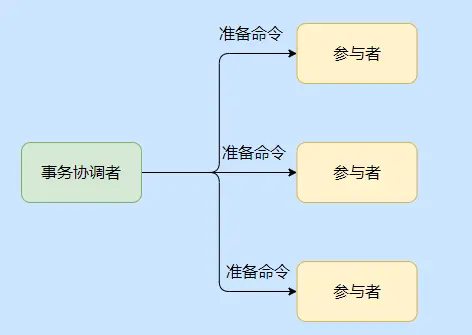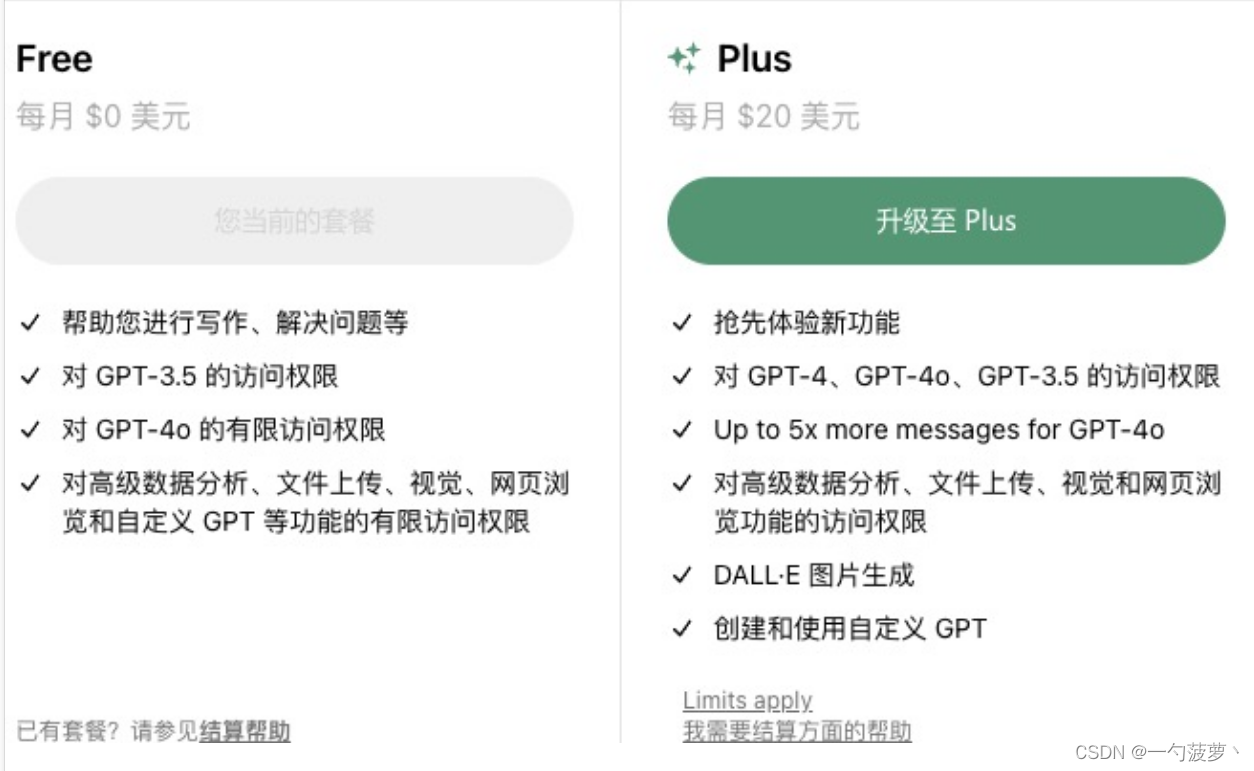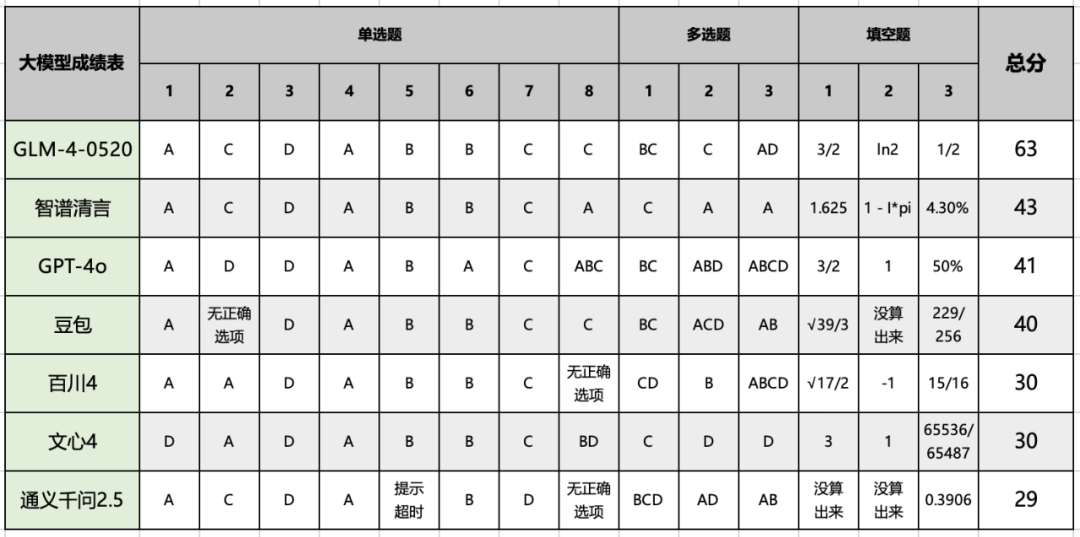1. 区分:根据优先级 [] > *
指针数组与数组指针
区分指针数组与数组指针的方法,还是得看优先级()>[ ]>*,
(*p)[n]:根据优先级,先看括号内,则p是一个指针,这个指针指向一个一维数组,数组长度为n,这是“数组的指针”,数组指针就是指向数组的指针;
*p[n]:根据优先级,先看[],则p是一个数组,再结合 *,这个数组的元素是指针类型,共n个元素,这是“指针的数组”,指针数组是存放指针的数组。
2. 指针数组作为函数参数 : 优先级 [] > *
void print_strings(const char *strings[], int count) {
for (int i = 0; i < count; i++) {
printf("%s\n", strings[i]);
}
}
int main() {
const char *my_strings[] = {"Hello", "World", "!"};
print_strings(my_strings, 3);
return 0;
}
2. 数组指针作为函数参数
void print_matrix(const char *matrix[], int rows, int cols) {
for (int i = 0; i < rows; i++) {
for (int j = 0; j < cols; j++) {
printf("%c ", matrix[i][j]);
}
printf("\n");
}
}
int main() {
const char *matrix[] = {
"Hello",
"World",
"Foo"
}; // 注意这不是真正的二维字符数组,而是字符串数组(即字符指针数组)
print_matrix(matrix, 3, /* 这里需要假设每行长度相同或提供其他方式来知道列数 */);
return 0;
}
3.
总结:指针数组和数组指针都可以用做函数参数。但是
当用 二维字符数组或者说是字符串数组 作为函数参数时,建议使用 数组指针。
#include <stdio.h>
#include <stdint.h>
#include <stdlib.h>
void print(const char (*ptr)[16],int size) // or void print(const char ptr[][16],int size)
{
for ( int i=0; i< size; i++)
printf("ptr[%d] =%s \n",i,ptr[i]);
}
int main()
{
const char str[4][16]={"orderId", "srcCode","dstCode","podCode"};
print(str,4);
return 0;
}
错误示范:
#include <stdio.h>
#include <stdint.h>
#include <stdlib.h>
void print_strings( char *strings[], int count) {
strcpy(strings[0],"good");
}
int main() {
char my_strings[10][20] = {"Hello", "World", "!"};
print_strings(my_strings, 3);
printf("%s \n",my_strings[0]);
return 0;
}
报错:test.c:8:6: note: expected ‘char **’ but argument is of type ‘char (*)[20]’
void print_strings( char *strings[], int count) {
但是下面是可以的
#include <stdio.h>
#include <stdint.h>
#include <stdlib.h>
void print_strings( char *strings[], int count) {
printf("%s \n",strings[0]);
}
int main() {
char *my_strings[] = {"Hello", "World", "!"};
print_strings(my_strings, 3);
return 0;
}
本质: char *my_strings[] 是一个 char ** ; char my_strings[10][20] 是一个字符数组,所以用数组指针是最好



